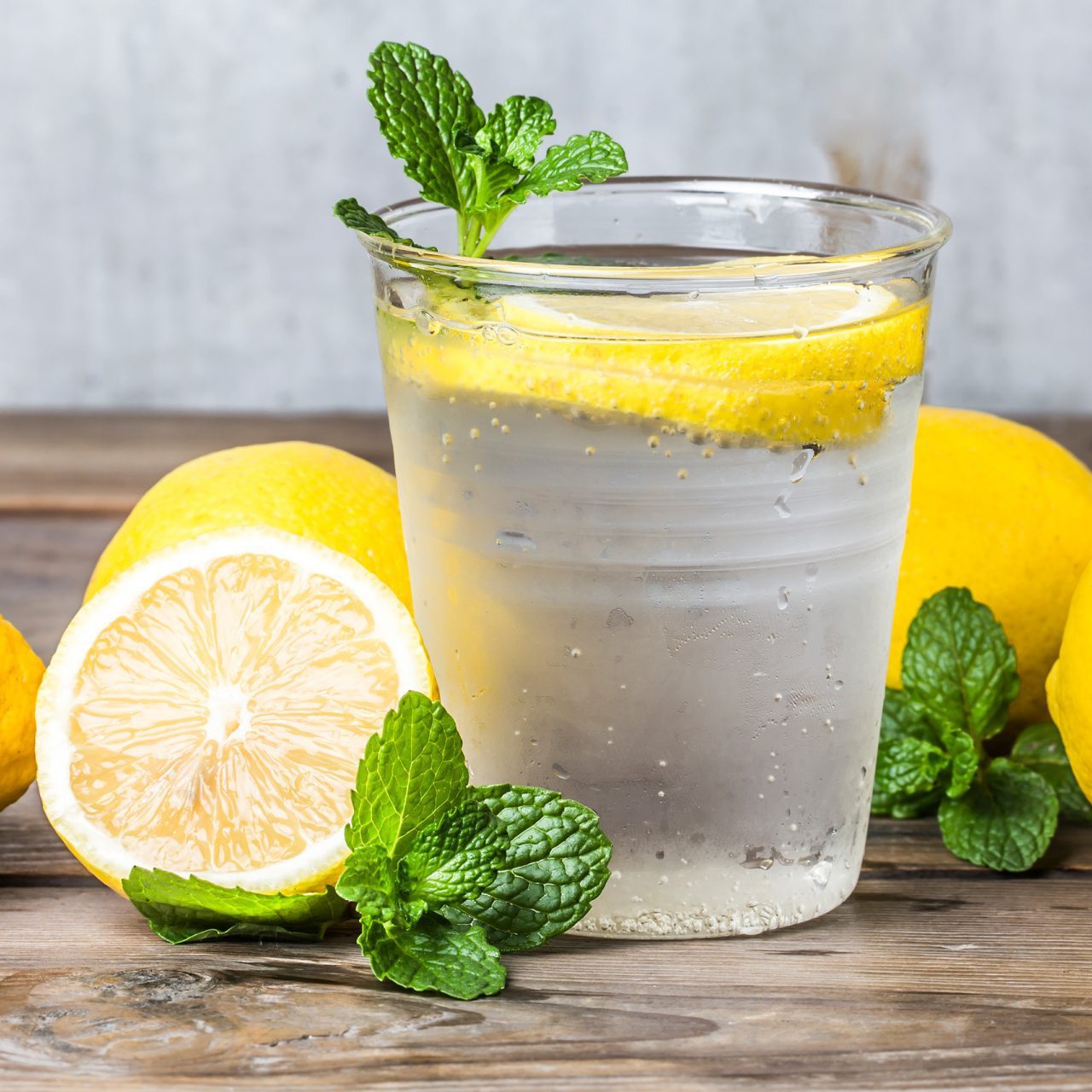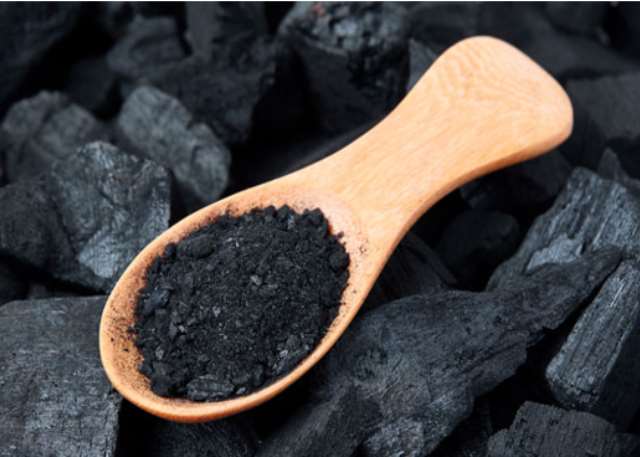Before the days of pharmacies, vitamin supplements, or expensive detox teas, African women, especially our grandmothers, were already masters of natural healing. From using garlic water to fight coughs to sipping bitter leaf juice for internal cleansing, these everyday wellness habits were not just rituals, they were part of our identity. This deep connection to nature, culture, and healing is what we proudly call African Home Karma, the wisdom of our roots passed through generations.
But in this fast-paced modern world, where imported pills and foreign diets dominate the conversation, we need to pause and ask: Is African food healthy? Do our traditional remedies still work? What does science say about things like scent leaf tea, okra water, or steaming with guava leaves? Can these trusted hacks really stand up to today’s health trends? Or are we overlooking the healing power that’s already in our kitchens and backyards?
At Jannis Health, we believe the answers lie in understanding, not forgetting. This article dives into the most trusted African home karma hacks, explaining their benefits and how you can apply them in your daily life, without losing your cultural identity. You’ll also discover how our brand is reviving and modernizing African wellness, blending the power of tradition with trusted science. Whether you’re trying to stay healthy naturally or just curious if that bowl of ewedu soup or zobo drink still counts as wellness, we’ve got you covered.
What is African Home Karma?

African Home Karma is a phrase used to describe the traditional healing wisdom, health practices, and natural remedies passed down through generations in African households. It's about how African grandmothers, mothers, and elders used everyday kitchen ingredients, herbs, and lifestyle habits to maintain health, prevent illness, and treat common ailments, long before modern medicine became widespread.
Here’s a breakdown of what African Home Karma represents:
#1. Natural Healing from Home
African home karma includes using bitter leaf for detox, garlic and ginger for colds, neem (dogonyaro) for fevers, and steaming with herbs to clear the body. These remedies often came straight from the backyard or kitchen shelf, simple, affordable, and effective.
#2. Food as Medicine
It also emphasizes the belief that food is powerful. Many traditional African meals, like okra soup, ewedu, moringa, millet, and fermented foods, not only nourish but also support digestion, boost immunity, and cleanse the body. It answers the modern-day question: “Is African food healthy?”, and the answer is often a strong yes when meals are prepared in their natural form.
#3. The Wisdom of Our Elders
African home karma celebrates the intuition and experience of African grandmothers who knew how to “read the body” and treat it with natural means. They might not have had medical degrees, but they passed down rituals like early morning fasting, herbal steaming, or palm kernel oil for skin and hair, all rooted in care and balance.
#4. Prevention Before Cure
Many of these health hacks were not just for healing sickness but for maintaining overall wellness, cleansing the body regularly, using herbs to boost blood, and taking time to rest and connect with nature.
In all, African Home Karma is a cultural treasure, one that Jannis Health proudly brings into the modern world by validating these practices with science, educating the younger generation, and encouraging Africans to rediscover the power of our roots for better living.
Some African Health Hacks Our Grandmothers Knew
#1. Garlic Water for Immunity
:max_bytes(150000):strip_icc()/GettyImages-1147134728-069d3028bc244766a4b9c08dbe4926df.jpg)
Still Valid. This age-old remedy passed down from African grandmothers still holds weight. Garlic is packed with natural antimicrobial and anti-inflammatory compounds. Drinking garlic-infused water, especially on an empty stomach, is believed to boost the immune system. While research on garlic water is still growing, the health benefits of garlic itself are well-proven in modern science.
#2. Bitter Leaf Juice for Cleansing

Partly Valid. Bitter leaf (also known as ewuro or onugbu) has long been praised for supporting digestion, regulating blood sugar, and promoting liver health. It contains antioxidants and anti-inflammatory agents. However, while people say it “cleanses” the body, it’s important to understand that your liver and kidneys naturally handle detoxification. Bitter leaf may assist these organs, but it’s not a magic detox.
#3. Herbal Steaming for Colds and “Head Clearing”
Still Valid, With Care. Herbal steaming using scent leaf (nchuanwu), eucalyptus, or even lemon peels is a time-tested method to ease congestion, open nasal passages, and provide comfort during colds. It’s a soothing ritual across many African homes. However, caution is key, especially with hot steam and when used for children. Moderation makes the difference between healing and harm.
4. Lemon Water Every Morning
Valid, But Not a Miracle. Starting your day with lemon water is a simple habit embraced in many African homes. It supports hydration and delivers a modest dose of vitamin C, great for skin and digestion. However, it’s not a magic detox or weight-loss drink. At Jannis Health, we encourage smart, natural practices rooted in culture, because wellness isn’t about shortcuts, it’s about balance.
#5. Activated Charcoal for “Cleansing the Stomach”
Use With Caution. Activated charcoal is traditionally used in African homes to ‘clean the stomach,’ and medically for treating poison ingestion. However, using it often or without supervision can block nutrient absorption and interfere with medications. At Jannis Health, we honor age-old remedies but prioritize safety and evidence-based health. Always consult a professional before turning traditional wisdom into a daily habit.
#6. Palm Kernel Oil for Skin and Hair
Still Valid, Natural African Goodness. Palm kernel oil remains a trusted remedy in many households, soothing dry skin, calming rashes, and nourishing natural hair. Its antioxidant and anti-inflammatory properties make it a standout in clean, effective skincare. At Jannis Health, we believe the answer to “is African food healthy” often lies in nature, and palm kernel oil is proof that African ingredients carry both tradition and therapeutic value.
Honoring Tradition, Embracing Modern Wellness
Our grandmothers may not have had medical degrees, but they had generations of wisdom in their hands, from healing herbs to nourishing foods. While not every remedy is backed by research, many are grounded in centuries of lived experience.
At Jannis Health, we believe true wellness comes from blending the old with the new, respecting ancestral knowledge while embracing evidence-based practices. Whether it's asking "is African food healthy?" or exploring natural ways to feel better, we're here to guide you with clarity and care.
Ready to reconnect with wellness that’s rooted in culture and powered by science? Visit www.JannisHealth.com to explore tips, tools, and trusted guidance for living well, the Jannis way.
Frequently Asked Questions About African Home Karma
Is African food healthy?
Yes. Traditional African food is often rich in nutrients, whole grains, vegetables, healthy fats (like palm oil), and lean proteins. Dishes like okra soup, jollof rice with vegetables, and moringa leaf stew are examples of naturally balanced meals. However, like all diets, moderation and preparation methods matter.
Are African home remedies safe to use?
Many are safe and effective when used responsibly, like garlic water for immunity or bitter leaf juice for digestion. However, it’s important to combine these remedies with modern medical guidance when needed. At Jannis Health, we promote blending ancestral wisdom with science-backed advice.
Why is it important to preserve African wellness traditions?
Because they represent more than health tips, they are a part of our identity, resilience, and cultural pride. They teach us to live in harmony with nature and listen to our bodies, something modern wellness trends are only beginning to rediscover.
How does Jannis Health support African Home Karma?
Jannis Health celebrates the value of traditional African healing while promoting safe, modern wellness solutions. We help people explore age-old remedies with scientific insight, empowering healthier choices rooted in cultural truth.
Can I mix African remedies with Western medicine?
In many cases, yes. For example, herbal teas can complement your hydration routine, and natural oils can soothe the skin without disrupting medications. But always consult a healthcare professional to avoid interactions, especially with activated charcoal, herbal mixtures, or if pregnant.







Comments